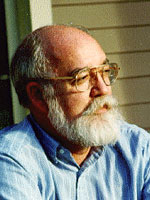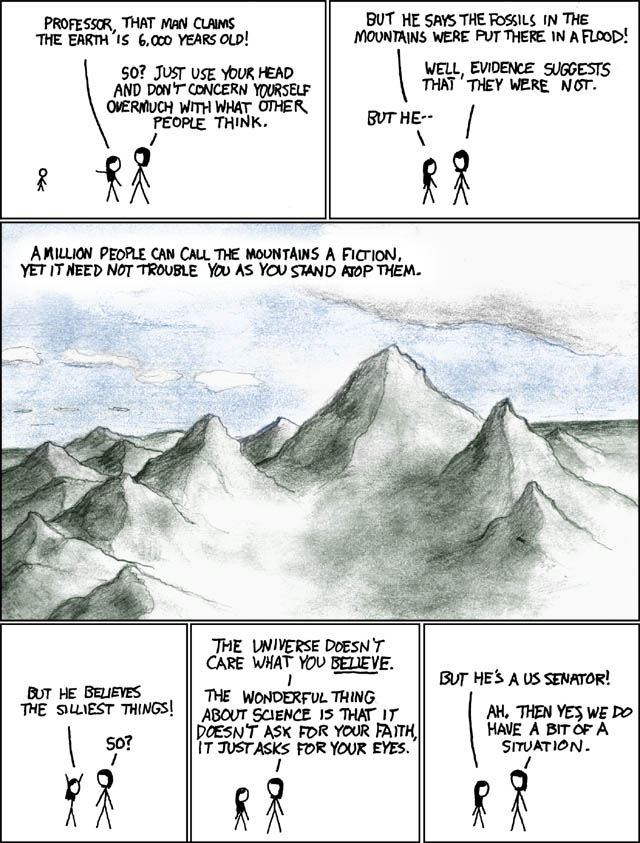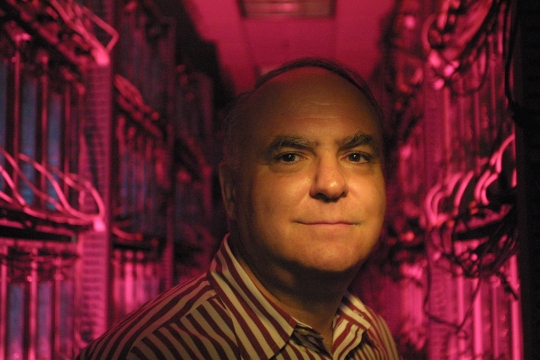It's obvious (or at least it seems obvious to me) that an idea exists only when someone is thinking it. That is, after all, what the word
idea means.

Interestingly, there is no entry for
idea in either the
Stanford Encyclopedia of Philosophy, the
Internet Encyclopedia of Philosophy, or the
Dictionary of the Philosophy of Mind.
Merriam Webster's
idea entry has the following under
synonyms:
IDEA, CONCEPT, CONCEPTION, THOUGHT, NOTION, IMPRESSION mean what exists in the mind as a representation (as of something comprehended) or as a formulation (as of a plan). IDEA may apply to a mental image or formulation of something seen or known or imagined, to a pure abstraction, or to something assumed or vaguely sensed .
Wordnet
defines idea as
thought (the content of cognition; the main thing you are thinking about)
(It defines
thought the same way.) It defines
cognition as
knowledge, noesis (the psychological result of perception and learning and reasoning)
To sum it all up: an idea is a subjective experience.
This doesn't mean that our ideas are not useful for looking at and understanding the world. (Understanding is also a subjective experience.) After all, we evolved to be able to think presumably because thinking is useful. But that still doesn't mean that our subjective experience is anything more than that, a subjective experience — no matter how well our subjective experience matches reality.
All this was brought to mind because I was listening to a discussion of the recent decision by Conservative Judiasm to allow gay rabbis — but to (continue to) condemn male anal sex. During the discussion the issue arose whether same-sex sexual relationships violated
halacha, Jewish law as spelled out in the Torah.
So here (finally) is the point. A law is an idea. The meaning of a law exists only when someone is thinking it. Surely we can write down what we are thinking in the hope that when we (or someone else) reads it, "the same idea" will be evoked in that mind. But the written version of a law (or of any idea) is not an idea. It is just scratch marks on paper — or bits in a computer, or some other means of recording something. The idea itself exists only when it is being experienced in someone's mind.
The notion that there is such a thing as Halacha is based on the idea that God created these laws — that God also has ideas. This may not seem surprising. Most religious people are comfortable speaking as if God has a mind. "God knows this." "God wants that." God loves you." Etc. What suddenly struck me about this sort of talk was how audacious it is. By allowing ourselves to speak of a presumably non-human entity as having a mind, like ours, that has ideas, we elevate the status of our own ideas to something that exists outside of our own minds. That's quite a promotion: from subjective experience to real entity.
This is truly extraordinary. Certainly we all like to think that our ideas matter — and even more that in some sense that our ideas are real. As a philosophical position, this can be traced to Plato. As the
Stanford Encyclopedia of Philosophy puts it, that
the world that appears to our senses is in some way defective and filled with error, but there is a more real and perfect realm, populated by entities (called “forms” or “ideas”) that are eternal, changeless, and in some sense paradigmatic for the structure and character of our world.
It's hard for me to believe that there are any current adherents to this notion, i.e., that there is in any literal sense
a more real and perfect realm, populated by [eternal] entities (called “forms” or “ideas”).
But that's what Plato's position along with religion do for those who adopt them. They allow their adherents to suppose that the ideas that they experience are not just subjective experience but in some sense reality — even a higher level of reality since in both cases the realm in which ideas are presumed to exist is granted exalted status.
What's even more interesting about this perspective is that it isn't made to seem self-serving. Those who hold these positions claim that they are simply describing the nature of reality: there is a God who has ideas, or ideas exist in some more real and perfect realm and they live there forever. But in fact, it is quite self-serving. It is a way (and I suspect that this "philosophical move" was taken unconsciously) to claim that ideas trump reality — and (conveniently) that it is most likely the ideas of the people who are saying these things that are the right ones to use to trump reality.
My position is that ideas are wonderful. I spend most of my life playing with ideas. I enjoy it a lot. This blog entry is a typical example. But an idea is just an idea, and it exists only in the mind of the thinker. As Blue says about our species:
Humans: smart enough to have ideas; foolish enough to believe them.
 . He claims that
. He claims that 


 My favorite line, although one that some religious people may find offensive (tell me if you do or don't), is the following quotation from historian Stephen Henry Roberts (1901-71) of the University of Sydney, Australia. (Picture to the right.) When talking to a religious friend, Roberts once said:
My favorite line, although one that some religious people may find offensive (tell me if you do or don't), is the following quotation from historian Stephen Henry Roberts (1901-71) of the University of Sydney, Australia. (Picture to the right.) When talking to a religious friend, Roberts once said: 











 Beyond Belief conference
Beyond Belief conference






 similar thoughts
similar thoughts







 Interesting thought.
Interesting thought.













